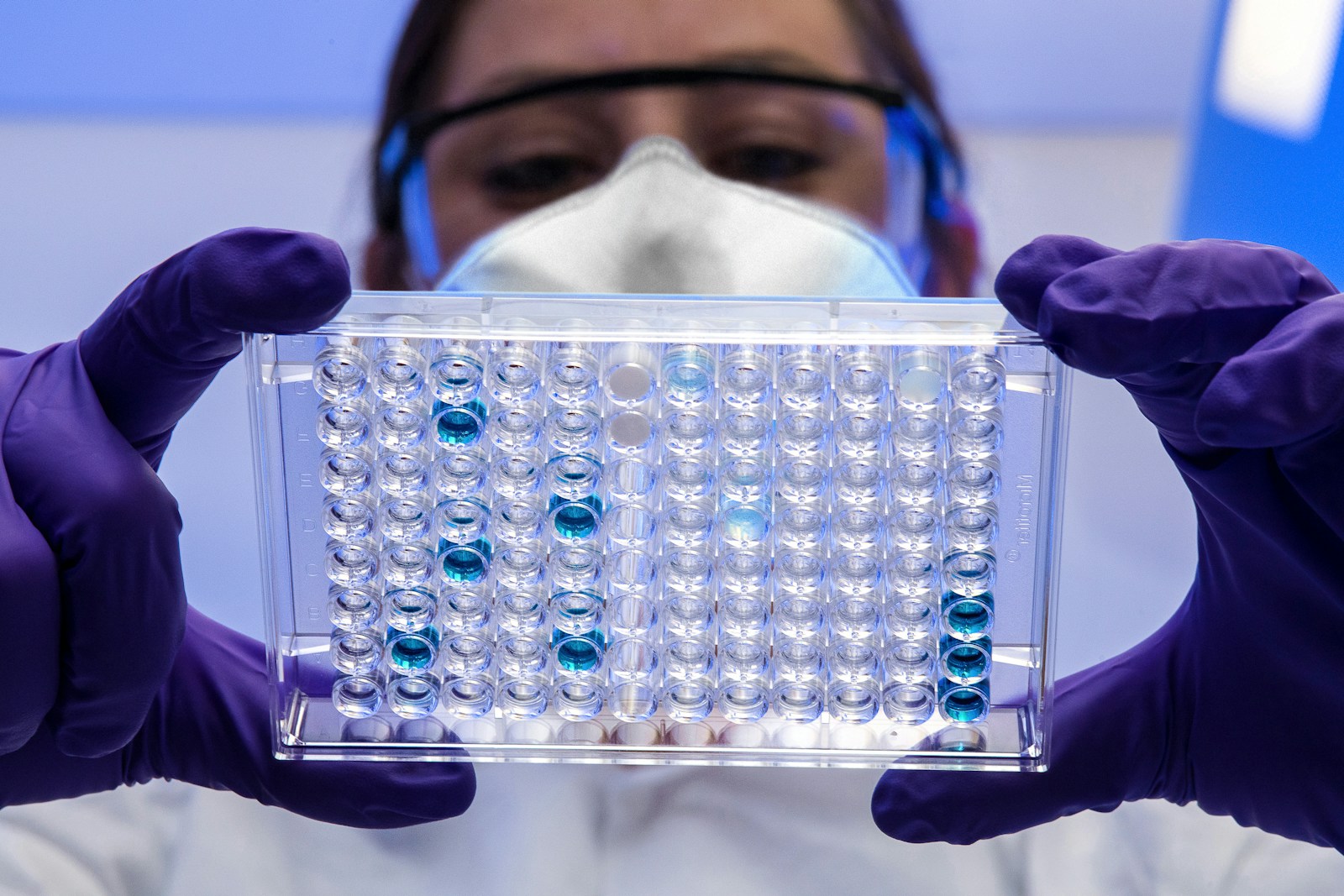Key Takeaways:
- The White House tried to fire the new CDC director, sparking uproar.
- Four top CDC officials resigned in protest over policy changes.
- Experts warn the CDC crisis puts US health at risk.
- The fate of future vaccination schedules remains uncertain.
CDC Crisis Unfolds Amid Leadership Shakeup
The CDC crisis erupted when the White House announced it fired Susan Monarez. She had just been confirmed as the new director of the Centers for Disease Control and Prevention. Health Secretary Robert Kennedy Jr. led the move. However, Monarez’s lawyers said only the president can fire her. In response, four top CDC officials quit their jobs.
These leaders included:
- Dr. Debra Houry, chief medical officer.
- Dr. Daniel Jernigan, head of disease research.
- Dr. Jennifer Layden, director of public health data.
- Dr. Demetre Daskalakis, head of immunization and respiratory disease.
Their resignations deepened the CDC crisis. Moreover, they sent a clear message. They said they could not work under political pressures. They also warned that public health could suffer.
How the CDC Crisis Began
It all started when the administration made big changes to vaccine schedules. It updated adult and children immunization plans without sharing detailed data. Critics said this move was political, not scientific. In his viral resignation letter, Dr. Daskalakis explained:
He could not serve in a place that treated science as a tool for politics. He noted that the new immunization schedules could harm children and pregnant people. He also pointed out that the data behind the changes were never shared. As a result, trust in the CDC took a major hit.
The CDC crisis reached a boiling point when Dr. Daskalakis mentioned “eugenics” in his letter. He said the rhetoric came from a dark legacy that true science must reject. He warned that pleasing a political base could cost lives.
Why the CDC Crisis Matters
This crisis matters because the CDC leads America’s health defenses. For example, the agency tracks disease outbreaks. It also guides vaccine use and responds to emergencies. Therefore, its stability is critical.
Dr. Ashish Jha, a former White House health adviser, called it a total implosion. He said the CDC has lost most of its top leaders in one day. He added the chaos could leave the country unprepared.
Lawrence Gostin, a public health law expert, said the move was lawless. He noted that firing the director without presidential approval broke rules. He also said the crisis exposed a shift from evidence to politics.
Others weighed in too. A member of Congress warned that Kennedy Jr. was forcing out experts. He said they refused to rubber-stamp dangerous vaccine views. A TV anchor called Dr. Daskalakis’s letter the most important resignation in history. A senator demanded Kennedy Jr.’s removal to save the agency. In addition, a public health doctor said the crisis should alarm every American.
What Happens Next in the CDC Crisis
Nobody knows exactly what comes next. First, Monarez’s status remains unclear. She says she will not step down. Meanwhile, the four resignations have created gaps at the top. Second, the conflict over immunization schedules continues. No one knows which data will be released or when. Third, trust in the CDC has faltered. If a new health threat arises, the agency may struggle to respond.
Furthermore, political leaders will debate the issue. Some will back Kennedy Jr.’s right to lead. Others will demand rules be followed. In any case, the crisis has exposed deep divisions. It also shows how politics can shape science.
Key Impact Areas:
- Vaccine confidence may drop if leaders disagree.
- Public health messaging could confuse Americans.
- International partners may question US health guidance.
- Future crises may face delays or poor coordination.
In the end, the CDC crisis serves as a warning. It highlights how fragile public health can be when politics interfere.
Lessons from the CDC Crisis
First, clear rules matter. Legal steps protect public health agencies. They also build trust. Second, science needs transparency. Sharing data can prevent controversy. Third, leadership must value experts. Without them, policies may veer off course.
Moreover, this episode shows the need for checks and balances. Agencies need space to work without political pressure. They also need to answer only to the law, not to a political base.
Conclusion
The CDC crisis is more than a leadership feud. It is a test of America’s commitment to science and health. As experts resign and data stay hidden, the public may pay the price. Therefore, solving this crisis requires clear rules and respect for facts. Only then can the CDC regain its role as the nation’s health guardian.
FAQs
What triggered the CDC crisis?
The crisis began when the Health Secretary tried to fire the new CDC director without presidential OK. Then, four top officials resigned in protest.
Who can legally fire the CDC director?
Only the president can remove the director. The Health Secretary lacks that power, according to agency rules.
Why did top CDC officials resign?
They said political pressures led to unsafe changes in vaccine schedules. They could not support decisions that lacked scientific backing.
How could this crisis affect public health?
If the CDC lacks leadership, it may struggle to track diseases or guide vaccines. This gap could leave the country vulnerable to new outbreaks.
